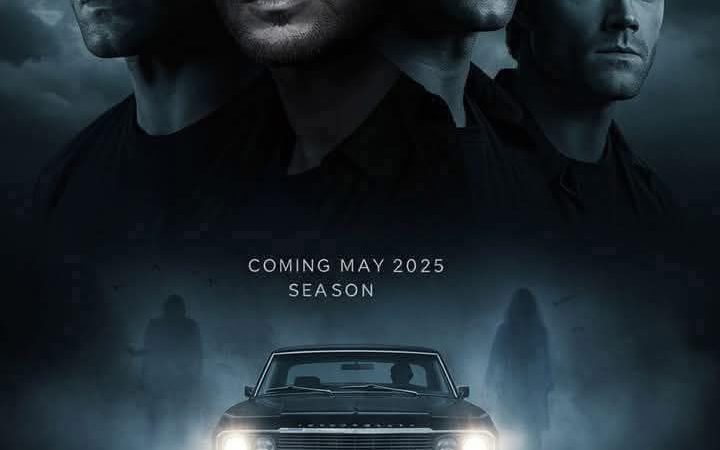“The Woman King” (2022) – When History is Retold Through Cinema
The 2022 film The Woman King, directed by Gina Prince-Bythewood and starring the talented Viola Davis, brings an overlooked chapter of African history to the big screen. Inspired by the true story of the Agojie, the all-female warrior unit of the Dahomey kingdom in the 19th century, the film is not only a visually stunning action epic but also a powerful tale of female empowerment, courage, and resistance against oppression.
You can watch the official trailer for The Woman King (2022) here:
The Story of the Legendary Female Warriors
Set in the West African kingdom of Dahomey (modern-day Benin), The Woman King follows General Nanisca (Viola Davis), the leader of the Agojie warriors, who are trained to protect their land from external threats. With the kingdom facing danger from colonial powers and the transatlantic slave trade, Nanisca must lead her warriors into battle to defend their freedom and honor.
Another central character is Nawi (Thuso Mbedu), a strong-willed young recruit who struggles to prove herself. As the film progresses, the mentor-student relationship between Nanisca and Nawi becomes a key emotional element, portraying the passing of wisdom and strength from one generation to the next.

Fact vs. Fiction – How Historically Accurate Is the Film?
Although The Woman King is marketed as “inspired by true events,” it is a fictionalized story rather than a historical documentary.
The Real Dahomey Kingdom and Agojie Warriors
- Dahomey was a powerful kingdom: Existing from the 17th to the late 19th century, Dahomey was one of the strongest military states in West Africa. However, its economy heavily relied on the slave trade—an aspect that is downplayed in the film.
- Agojie – The legendary female warriors: This elite military unit consisted of unmarried women trained to become formidable warriors. The character of Nawi in the film may have been inspired by a real-life Agojie member, who was reportedly the last surviving warrior of the unit and passed away in 1979.
However, the film omits or alters certain historical facts to fit its narrative and themes. For instance, Dahomey’s active role in the slave trade is softened, whereas, in reality, the kingdom played a significant role in capturing and selling enslaved people.

The Film’s Success
Despite the historical inaccuracies, The Woman King has received widespread acclaim from critics and audiences alike.
- Outstanding performances: Viola Davis delivers a powerful and emotional portrayal of General Nanisca, depicting both strength and vulnerability. Additionally, Thuso Mbedu, Lashana Lynch, and Sheila Atim give remarkable performances that enhance the film’s emotional depth.
- Visually stunning action: The battle scenes are masterfully choreographed, combining martial arts, military tactics, and raw physical strength to create thrilling and intense fight sequences.
- A strong message: The film celebrates female empowerment, resilience, and unity in the face of adversity. While some historical elements are fictionalized, The Woman King remains a compelling and inspiring story of women’s strength.
Conclusion
The Woman King is more than just an action-packed blockbuster—it sheds light on a lesser-known part of African history, bringing the story of the Agojie warriors to a global audience. Despite its historical liberties, the film successfully portrays the bravery and resilience of women fighting for their freedom and legacy.
This is a must-watch film, not only for its thrilling action sequences but also for its deep and thought-provoking themes. 🎬✨




